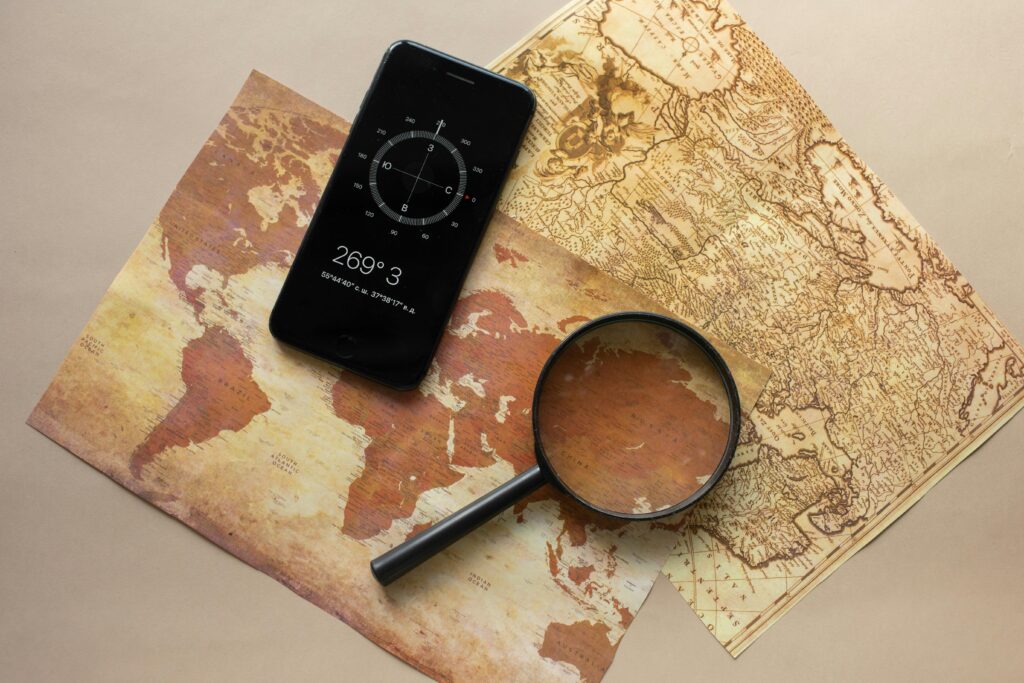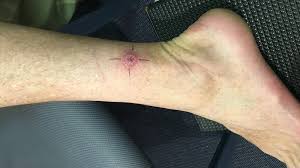Introduction:
As the prevalence of diabetes continues to rise globally, so does the demand for specialized products and services tailored to the unique needs of individuals living with this condition. From innovative technologies to holistic wellness solutions, the diabetes market is brimming with potential for growth and innovation. Diabetes, a prevalent chronic condition affecting millions worldwide, presents a multifaceted landscape of niche markets ripe with opportunities for entrepreneurs and healthcare professionals alike. In this guide, we delve deep into 10 lucrative ways within the realm of diabetes, offering insights, opportunities, and strategies for success.

What is Diabetes?
Diabetes is a chronic condition characterized by elevated levels of blood glucose (sugar) resulting from defects in insulin production, insulin action, or both. Insulin, produced by the pancreas, regulates blood sugar levels and facilitates the uptake of glucose into cells for energy.
Types of Diabetes
Type 1 Diabetes
Type 1 diabetes, often diagnosed in children and young adults, is an autoimmune condition where the body’s immune system mistakenly attacks and destroys insulin-producing cells in the pancreas. This results in little to no insulin production, leading to high blood sugar levels.
Type 2 Diabetes
Type 2 diabetes is more common and typically develops in adults, although it can occur in children and adolescents. It occurs when the body becomes resistant to insulin or fails to produce enough insulin to maintain normal blood sugar levels.
Causes and Risk Factors
Type 1 Diabetes
The exact cause of Type 1 diabetes is unknown, but it is believed to involve a combination of genetic predisposition and environmental factors, such as viral infections, that trigger an autoimmune response.
Type 2 Diabetes
Type 2 diabetes is primarily attributed to lifestyle factors, including obesity, physical inactivity, poor diet, and genetics. Insulin resistance, where cells fail to respond to insulin effectively, is a key factor in its development.
Symptoms and Diagnosis
Type 1 Diabetes
Symptoms:
Frequent Urination
Excessive Thirst
Unexplained Weight Loss
Fatigue
Blurred Vision
Diagnosis:
Type 1 diabetes is often diagnosed through blood tests that measure blood glucose levels. Additional tests may be conducted to assess insulin levels and autoantibodies associated with autoimmune destruction of pancreatic cells.

Type 2 Diabetes
Symptoms:
Increased Hunger
Frequent Urination
Fatigue
Slow Healing of Wounds
Tingling or Numbness in Hands and Feet
Diagnosis:
Diagnosis of Type 2 diabetes involves blood tests to measure fasting blood sugar levels, oral glucose tolerance tests, and A1C tests, which provide an average of blood sugar levels over the past two to three months.
Treatment and Management
Type 1 Diabetes
Treatment:
Insulin Therapy: Daily insulin injections or insulin pump therapy to replace the body’s insulin.
Blood Sugar Monitoring: Regular monitoring of blood sugar levels to adjust insulin dosage.
Healthy Lifestyle: Balanced diet, regular exercise, and stress management.
Type 2 Diabetes
Treatment:
Lifestyle Modifications: Healthy diet, regular exercise, weight management, and smoking cessation.
Oral Medications: Medications to lower blood sugar levels and improve insulin sensitivity.
Insulin Therapy: In some cases, insulin therapy may be necessary to achieve target blood sugar levels.
Complications and Prevention
Type 1 Diabetes
Type 1 diabetes increases the risk of various complications, including cardiovascular disease, nerve damage, kidney disease, and eye damage. Prevention focuses on maintaining optimal blood sugar control, regular medical check-ups, and early intervention for complications.
Type 2 Diabetes
Type 2 diabetes complications include heart disease, stroke, nerve damage, kidney damage, and vision impairment. Prevention strategies include lifestyle modifications, such as healthy eating, regular physical activity, and weight management, along with regular monitoring of blood sugar levels and adherence to treatment plans.

Market Trends in Diabetes:
Emerging Patterns and Opportunities
The diabetes market is dynamic, influenced by shifting consumer preferences, technological advancements, and healthcare trends. This section analyzes current market trends, highlighting areas of growth and innovation. From wearable devices to personalized nutrition, understanding market dynamics is key to identifying lucrative niches.
Diabetic-Friendly Foods: Catering to Dietary Needs with Innovative Products
One of the most prominent niche markets within the realm of diabetes is diabetic-friendly foods. This section explores the burgeoning market for foods tailored to individuals managing blood sugar levels. From low-carb snacks to sugar-free desserts, the demand for diabetic-friendly fare continues to soar.
Wearable Health Technology: Empowering Diabetics with Innovative Devices
Advancements in wearable health technology have revolutionized diabetes management, offering individuals real-time insights into their health metrics. This section delves into the world of wearable devices designed specifically for diabetics, from continuous glucose monitors to smart insulin pumps.
Diabetes Education and Support: Empowering Patients through Knowledge
Education plays a pivotal role in diabetes management, empowering individuals to make informed decisions about their health. This section explores the niche market for diabetes education and support services, including online courses, coaching programs, and support communities.
Holistic Wellness Solutions: Addressing Mind-Body Wellness for Diabetics
Managing diabetes goes beyond monitoring blood sugar levels; it encompasses holistic wellness approaches that address the mind, body, and spirit. This section explores niche markets for holistic wellness solutions tailored to individuals living with diabetes, from yoga retreats to stress management programs.
Medical Devices and Supplies: Innovative Solutions for Diabetes Care
The diabetes market encompasses a vast array of medical devices and supplies designed to streamline diabetes management and improve quality of life. This section highlights niche markets within the realm of medical devices, from insulin delivery systems to diabetic footwear.
Diabetic Travel Services: Catering to the Needs of Traveling Diabetics
Traveling with diabetes presents unique challenges, from managing medications to navigating dietary restrictions in unfamiliar settings. This section explores niche markets for diabetic travel services, including specialized travel agencies, pre-packaged meal kits, and destination-specific guides.

Diabetes-Focused Publications: Educating and Empowering Through Media
Media plays a powerful role in diabetes education and advocacy, providing individuals with valuable insights and resources. This section examines niche markets within diabetes-focused publications, including magazines, blogs, and podcasts dedicated to diabetes-related topics



